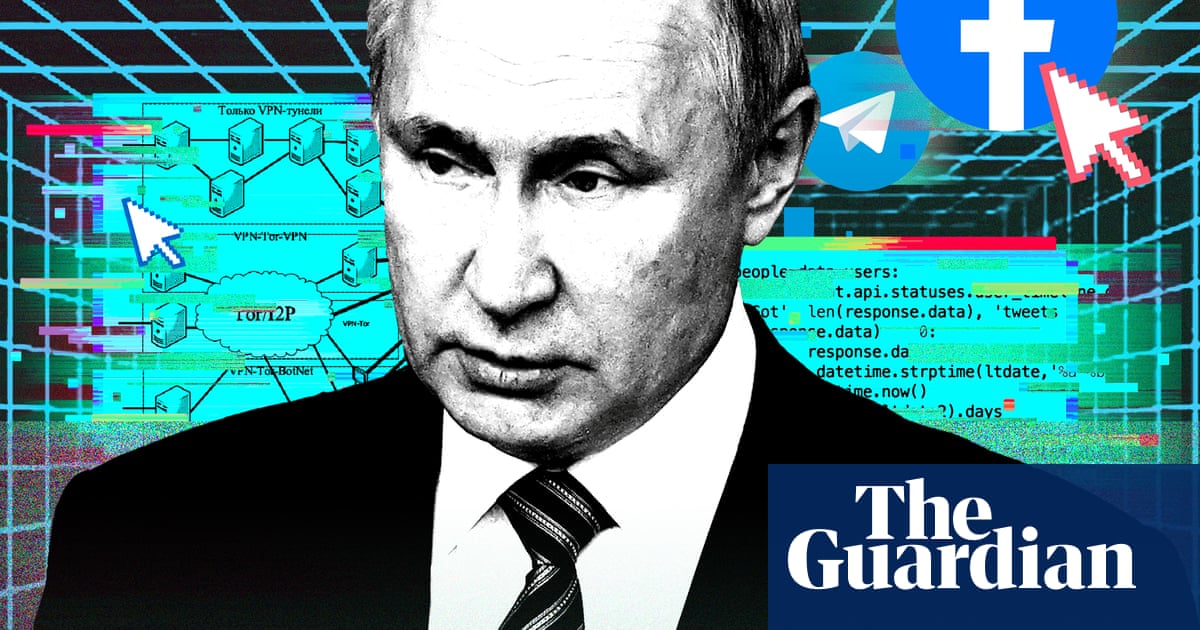Europol Warns AI Is Amplifying Organized Crime Threat in the EU
Europol's latest report highlights how artificial intelligence fuels organized crime and state-sponsored destabilization in the EU, threatening societal foundations.
Overview
A new Europol report reveals that AI-driven organized crime is enhancing attacks on institutions and individuals in the EU. It highlights state-sponsored activities, including political cyber-attacks and worsening online crimes. The report underscores a rise in child exploitation material and warns of a dangerous mix of traditional crime with geopolitical motives. Criminal networks are increasingly acting as proxies to state actors, posing severe risks to security and the rule of law across Europe. Europol calls for urgent action, including resource allocation for national law enforcement to combat these evolving threats.
Content generated by AI—learn more or report issue.

Get both sides in 5 minutes with our daily newsletter.
Analysis
- Artificial intelligence is significantly increasing organized crime, with both state-sponsored and traditional criminal elements combining efforts for destabilization purposes.
- Cybercrime is evolving, targeting critical infrastructures and public institutions, with notable threats of state-aligned attacks, particularly from Russia and associated regions.
- The law enforcement community needs to urgently adopt enhanced security measures, indicating that AI is not only a tool for criminals but also a challenge for effective policing.
Articles (3)
Center (2)
FAQ
AI is significantly increasing the volume of child sexual abuse material online by enabling the creation of highly realistic synthetic media, making it more difficult to analyze imagery and identify offenders.
State-sponsored actors are increasingly involved in organized crime, often masking themselves as cybercriminals to conceal their origin and motives. They engage in cyber-attacks against critical infrastructure and public institutions.
Europol suggests that the EU must embed security into all aspects of policy and allocate sufficient resources to national law enforcement agencies to combat these threats effectively.
Technologies such as quantum computing, the metaverse, 6G, unmanned systems, and brain-computer interfaces are expected to increase the sophistication and anonymity of criminal networks.
History
- This story does not have any previous versions.

